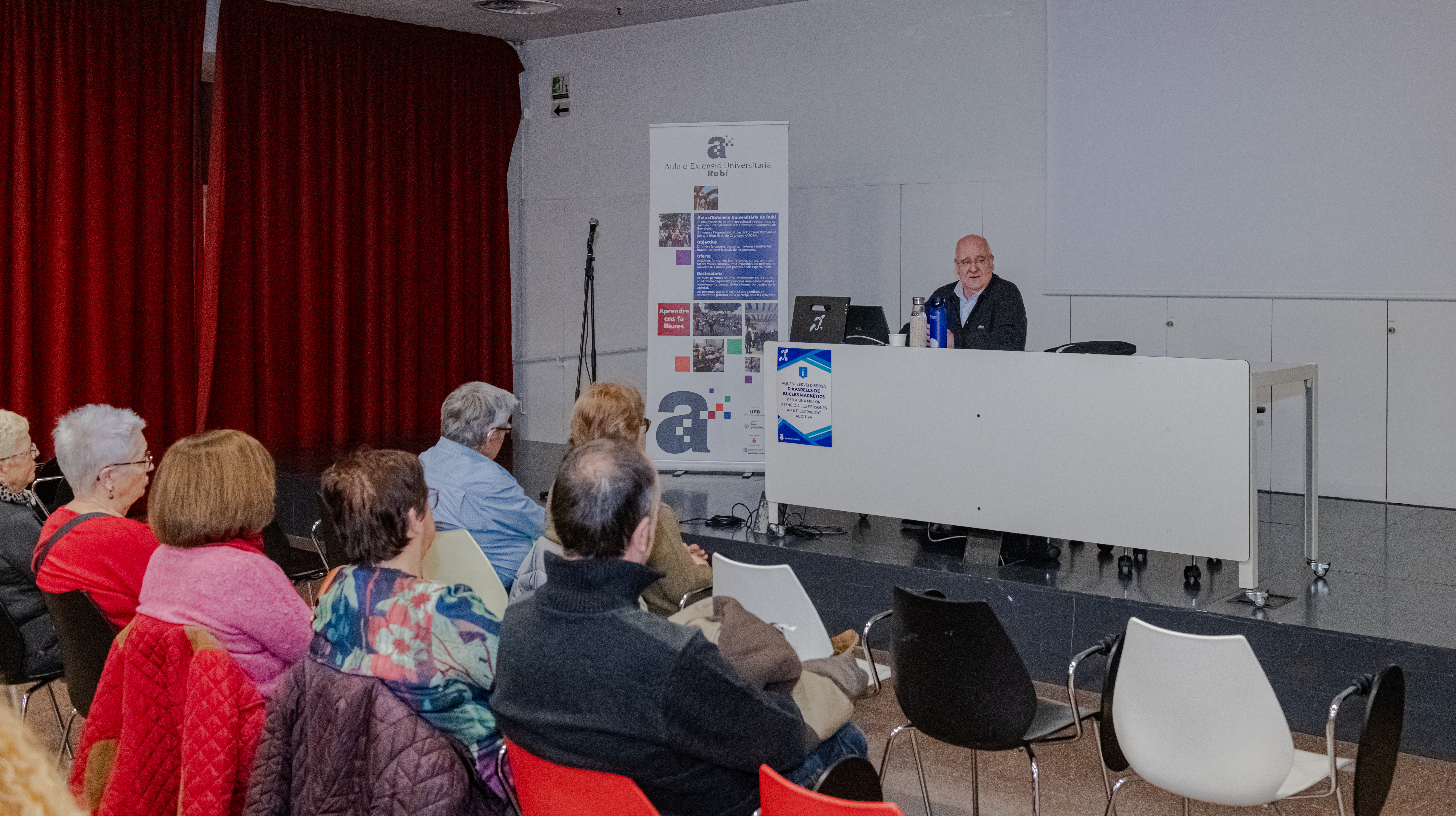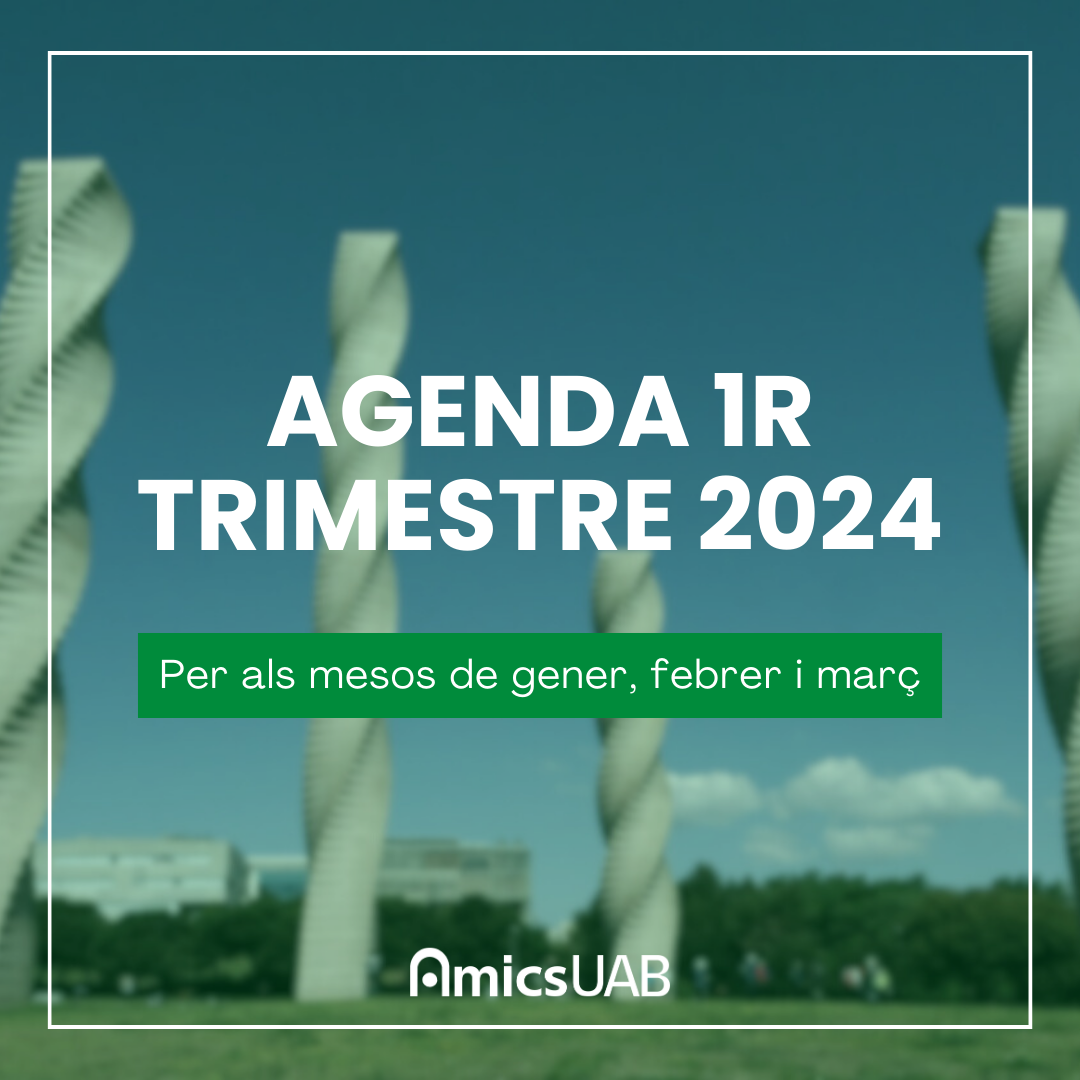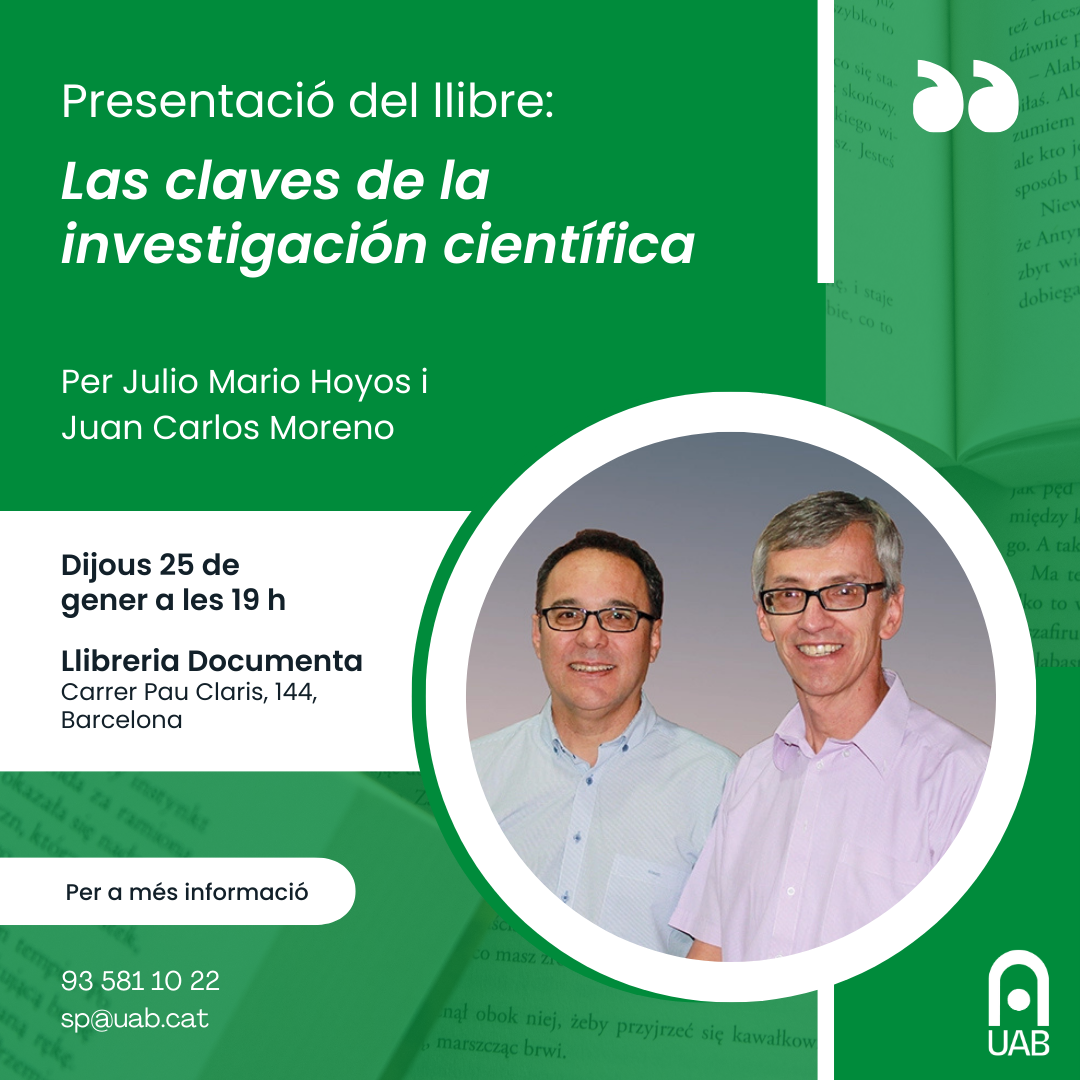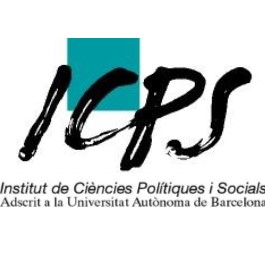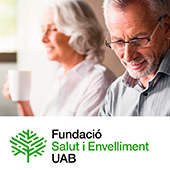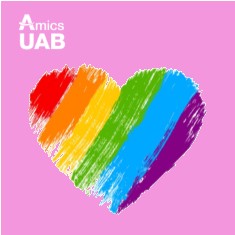|
|
System installed in Lesbos that allows to regenerate and valorize urban wastewater through an anaerobic biological treatment.
Water is life, and its scarcity shows a serious threat to human survival. The circular economy of this element is presented as a solution which recycling is the priority. From the Hydrousa project, in which collaborates a company derived from the UAB (AERIS), innovative solutions have been proposed that will begin to be tested in this 2021. Different experiments in the Greek islands will help to show that from the recovery of urban wastewater, and rainwater, it is possible to obtain additional and necessary resources such as biogas and fertilizers, among others, and the economic revaluation of agricultural systems, such as oregano or mangrove fields, for get essential oils, irrigation water, energy and food.
The European Commission’s circular economy action plan aims to implement innovative solutions to recover and reuse valuable resources, and water recycling is one of the priorities. Inspired by this trend, HYDROUSA is a research project that aims to recover water from unconventional sources and revalue it through natural systems, thus also promoting the agricultural and energy side of the Mediterranean region from a local perspective. The project, funded by the EU, involves 28 partners from ten countries, is coordinated by the National Technical University of Athens (NTUA) and has the participation of the UAB AERIS spin-off, created by experts from the group GENOCOV research.
This 2021 the project starts its most important phase because all innovation solutions are already developed and operational, and will begin to be tested. Experiments will be carried out over the next two years to show that circularity can be the solution to water scarcity, and at the same time it is useful for promoting sustainable agricultural development and biodiversity. The Greek islands of Lesbos, Mykonos and Tinos have six large-scale demonstration sites for sustainable, innovative and natural solutions for water treatment and management.
On the island of Lesbos, AERIS has developed and installed a system that will regenerate and enhance urban wastewater through anaerobic biological treatment. This treatment allows to reduce the organic pollution of the water, producing in addition energy in the form of biogas. Then the water completes its purification by a system of artificial wetlands. After a disinfection process, this nutrient-rich water will be used for the fertigation of an agroforestry system. The sludge produced in the anaerobic reactor will be composted and used as fertilizer, and the biogas will be used as fuel for a vehicle that we will use to publicize the project. It is, therefore, a self-sustaining wastewater management system, where the water, nutrients and sludge produced are reused with significant environmental and economic benefits. The biogas will be purified and compressed for use as fuel in a vehicle, which we will use to publicize the project.
At Mykonos they are developing optimized rainwater collection systems. An underground rainwater harvesting system is being tested in the small village of Ano-Mera, a remote agricultural area. This water is used to irrigate an oregano field, which is then revalued to produce essential oils. In another system, rainwater and surface spillage are standing.
Finally, Tinos seeks natural and sustainable solutions to treat and recover valuable water and products. On the one hand, a natural desalination system based on the principles of evaporation and condensation is being tested, combined with a greenhouse to produce tropical fruits, which will be consumed locally. This system, based on mangroves, produces irrigation water and edible salt. An ecotourism facility has also been developed with a self-sufficient water, energy and food management cycle.
More information:
Dr. Óscar J. Prado Rubianes; Dr. Raquel Montes; Dr. Albert Bartrolí
Aeris Tecnologías Ambientales S.L.
Universitat Autònoma de Barcelona.
o.prado@aeristec.com
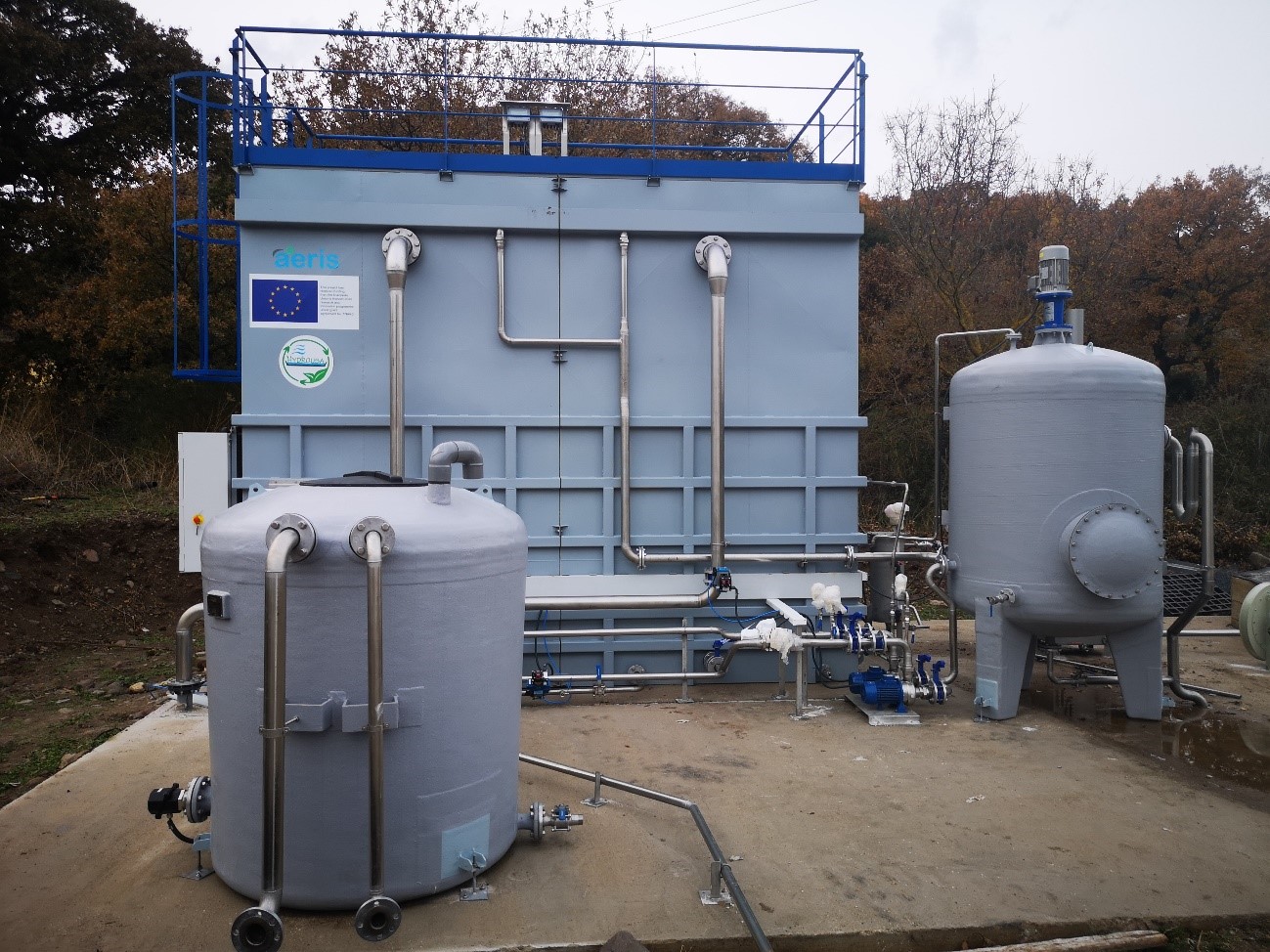
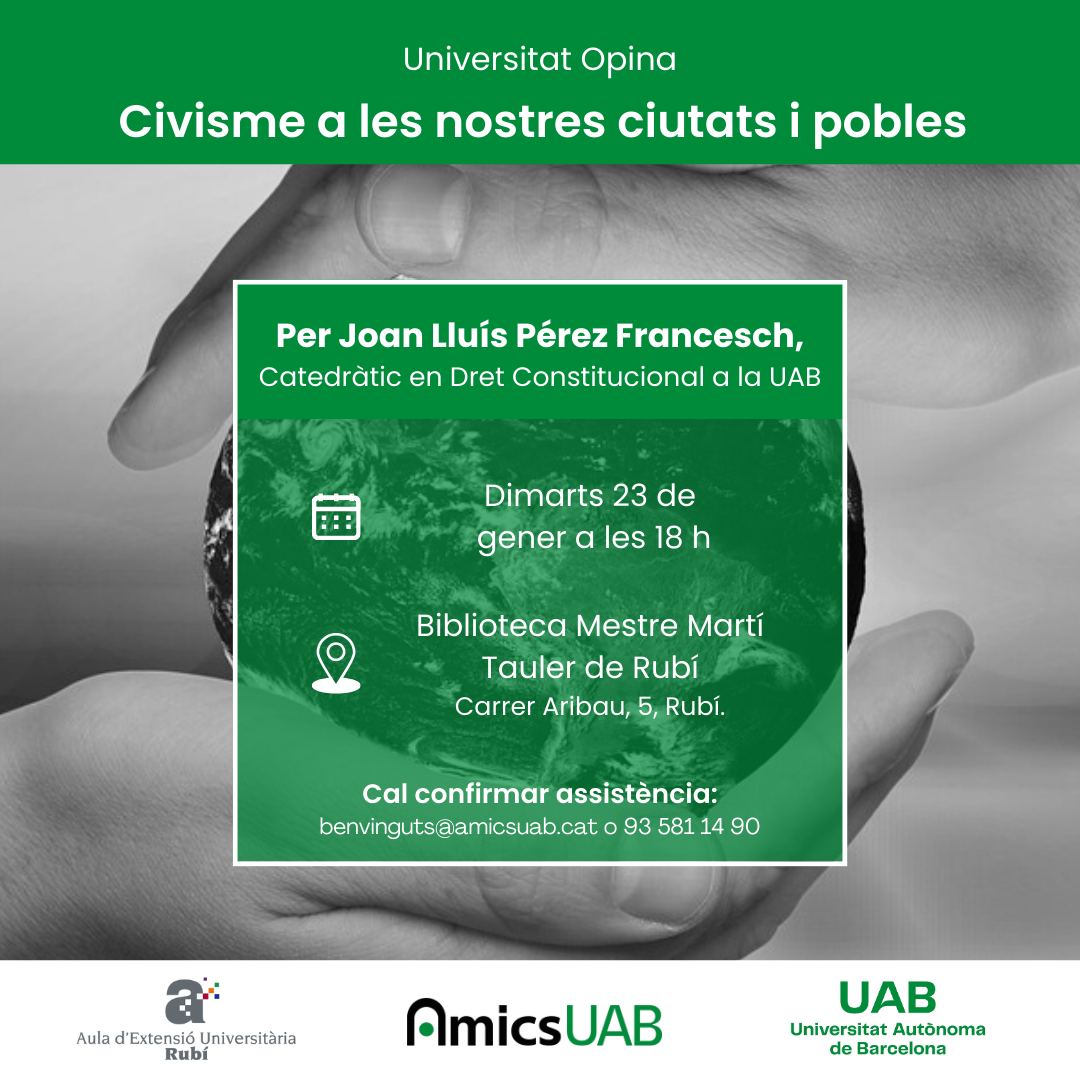
.png)
